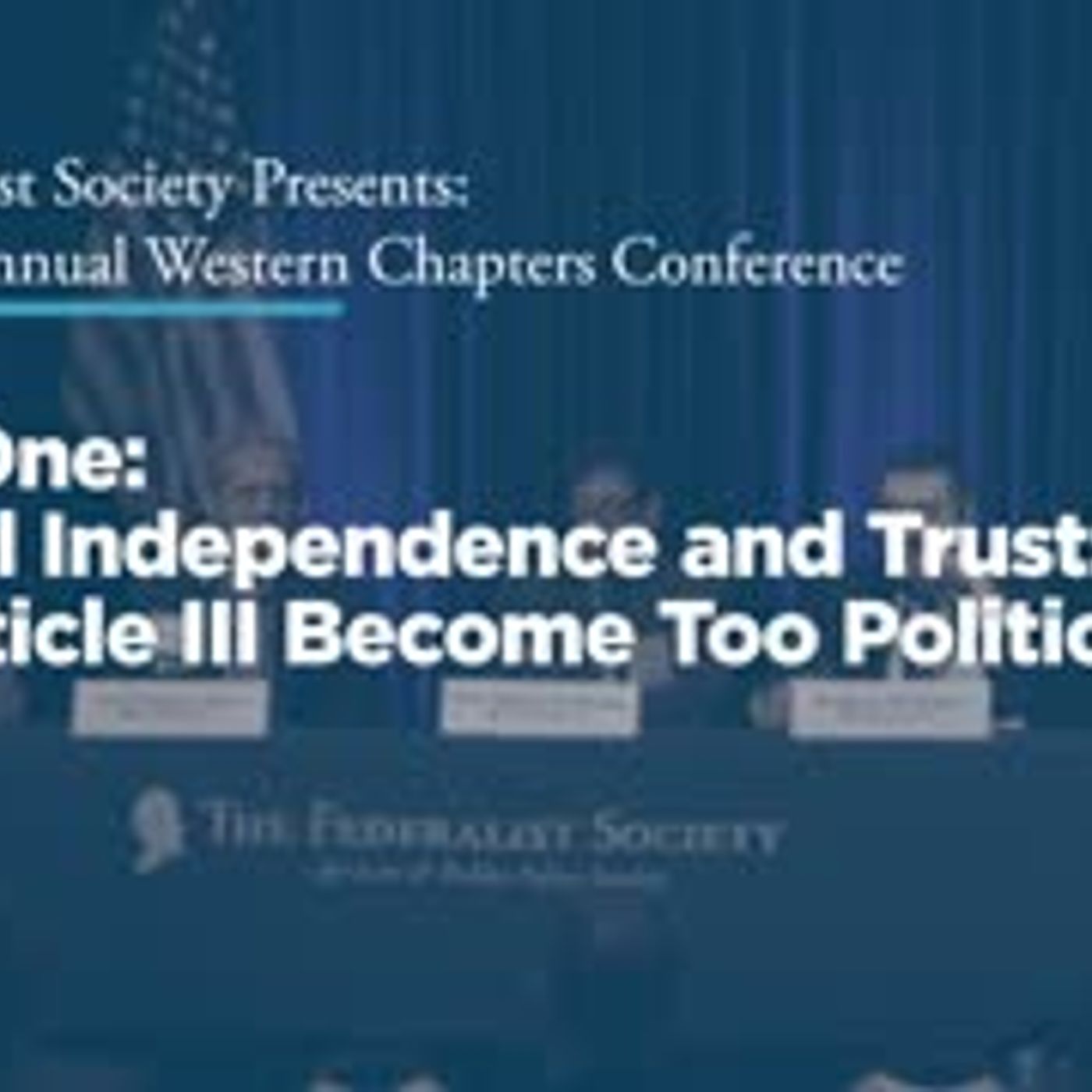All levels of the judiciary have faced increased attacks on their independence in recent years. Even trial court judges have faced increased scrutiny, particularly those in single-judge districts and those who have granted nationwide injunctions. “Reform” proposals such as adding justices, term limits, ethics codes, abolishing blue slips, and limiting the Court’s jurisdiction have been proposed by critics to limit the power of the courts. However, these proposals are nothing new: in decades past, when the ideological balance of the Court was different, similar proposals were floated by those who sought to limit the role and influence of the courts. What’s changed? What is the role of the organized bar, if any, in defending judicial independence? How, if at all, has the increased politicization of the judicial confirmation process affected judicial independence? What does all of this mean for trust in the judiciary? And are there changes that should be considered that are both constitutional and would receive bipartisan support? Should conservatives be more aggressive in defending attacks against the judiciary? Panelists will discuss these and other questions in considering judicial independence and the people’s trust in the judiciary.
Featuring:
Hon. Carlos T. Bea Moderator, Judge, United States Court of Appeals, Ninth Circuit
Benjamin M. Flowers, Partner, Ashbrook Byrne Kresge LLC; Former Solicitor General, State of Ohio
Prof. Michael D. Ramsey, Hugh and Hazel Darling Foundation, Professor of Law; Director, International & Comparative Law Programs, University of San Diego School of Law
Prof. Eugene Volokh, Gary T. Schwartz Distinguished Professor of Law, UCLA School of Law
Debra Wong Yang, Partner, Gibson, Dunn & Crutcher LLP


 Play
Play
